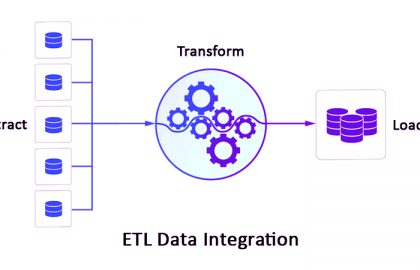Hawaii says it implemented missile plan before finishing it
The Hawaii Emergency Management Agency began implementing its plan for responding to a ballistic missile attack before it was entirely drafted, a senior state official said Thursday at a hearing on why the agency mistakenly sent cellphone and broadcast alerts across the islands in January.
"We started flying the plane before we built the whole plan," Maj. Gen. Arthur "Joe" Logan, head of the state Department of Defense, told a U.S. Senate committee hearing in Honolulu.
Logan told lawmakers he felt it was imperative to implement the plan, given North Korea's repeated ballistic missile and nuclear tests and its threats toward Hawaii.
The plan also involved helping the state survive a possible attack.
U.S. Sen. Brian Schatz of Hawaii held the hearing to understand how and why the false alerts were sent.
Logan said the agency was expecting to develop its plan in three phases. The first involved conducting public outreach and speeding up public notifications in the event of an attack.
During the second phase, the agency intended to talk to stakeholders about how best to respond to and recover from an attack. The third phase was to write the plan.
Logan said January's false alert went out because the agency lacked certain protocols to prevent such mistakes and immediately correct them.
Schatz, a Democrat and ranking member of the Senate Subcommittee on Communications, Technology, Innovation and the internet, has introduced legislation that would give the federal government sole responsibility for handling missile alerts.
In January, the full committee examined policy concerns surrounding the use and effectiveness of the current warning system after the false alert was sent to Hawaii residents and visitors statewide. Schatz also requested the field hearing.
Schatz and other Hawaii lawmakers at the hearing acknowledged that emergency alerts for hurricanes and other natural disasters are issued by local and state governments.
But Schatz said there's no reason not to warn all Americans if a ballistic missile is heading toward part of the U.S.
"This is federal by its very definition," Schatz said.
U.S. Rep. Tulsi Gabbard asked Rear Adm. Patrick Piercey, the U.S. Pacific Command's director of operations, why his command won't directly inform the people of Hawaii if there's a missile attack instead of going through the state's emergency management agency.
Piercey replied there are existing agencies that have the authority to do this.
A Hawaii Emergency Management Agency employee sent the mistaken alert during an exercise.
Officials later disclosed that the employee didn't think he and his colleagues were participating in a drill and instead believed a real attack was imminent. The state has since fired him.
It took the agency 38 minutes to send a follow-up message to cellphones notifying people the alert was a mistake, in part because the agency had no prepared message it could send in the event of a false alarm. Agency officials notified broadcast stations earlier.
Within hours of the alert, the agency changed protocols to start requiring that two people send an alert. It also made it easier to cancel alerts by preparing a pre-programmed false alarm message.
The emergency management agency has suspended its ballistic missile preparedness campaign, including monthly tests of the alert siren.
Jessica Rosenworcel, a commissioner for the Federal Communications Commission, told the hearing that Hawaii's emergency alert system plan for broadcast alerts is more than 10 years old.
She said states file their plans with the FCC and these plans are confirmed annually.
She said the FCC should make sure these plans for alerts to broadcasters are up to date.
- Star
Add Interests Customize your news feed by choosing the topics that interest you.
To save your interests across all devices Log In or Sign Up »Source – abcnews.go.com






